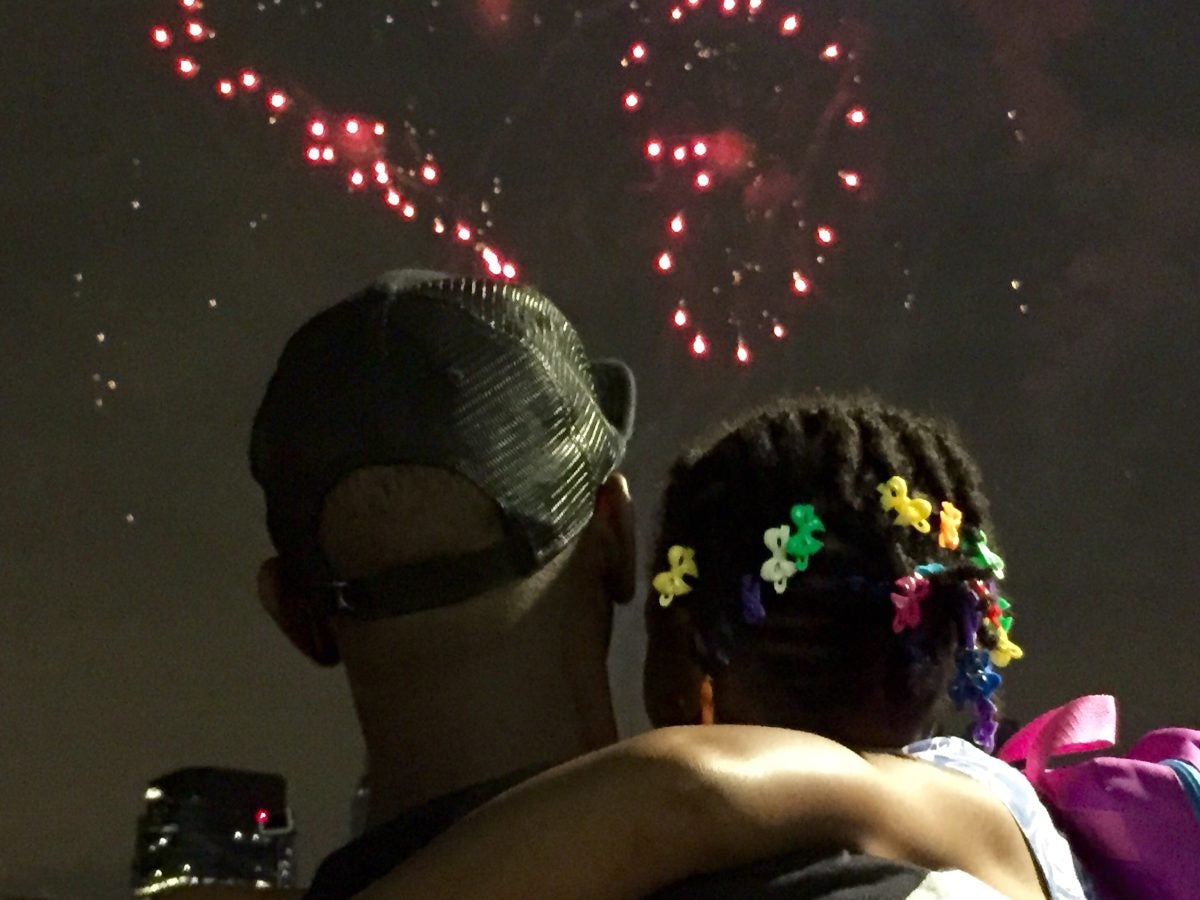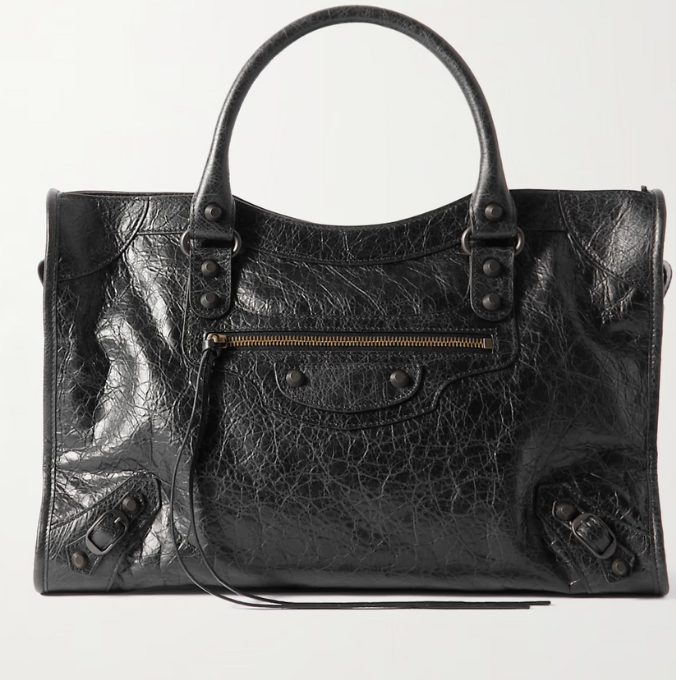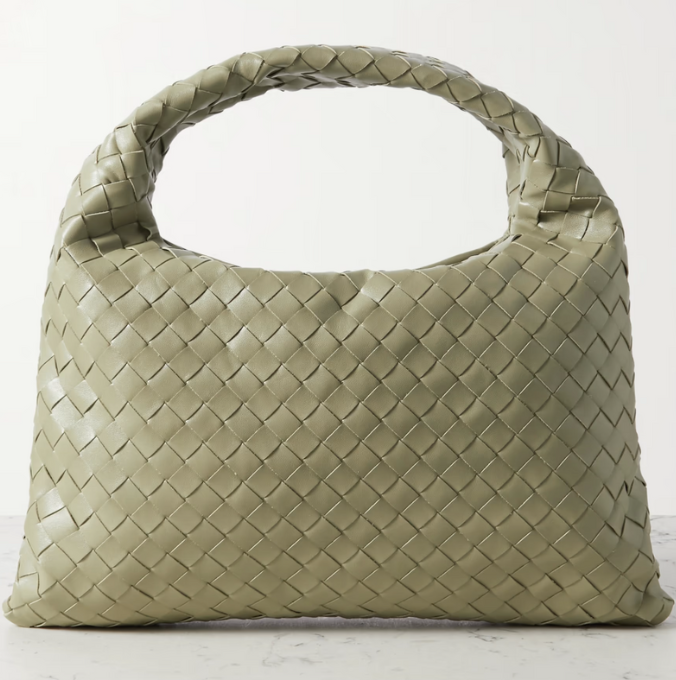
The relationship America has with Black people and freedom is worth interrogating on the annual celebration of its independence. We should be asking ourselves not only what independence and freedom mean to us, but whose freedom are we truly celebrating. We’ll likely find that it’s not our own.
When I think of the Fourth of July, the images that come to mind are ones that– while synonymous with “patriotism” from some in America– at minimum unnerve me and at worst scare me.
There’s a peculiar dichotomy between America’s celebration of its freedom and the fact that America incarcerates more people than anywhere else in the world. To be specific, almost 2 million people are currently locked behind bars in the United States. Over 400,000 of them have not yet had a trial or been convicted of a crime. They are just too poor to afford bail, as the overwhelming majority of the people funneled in and out of America’s criminal system often are.
And the people America disproportionately incarcerates are Black, thanks to a loophole the 13th Amendment provided when it purported to abolish slavery while explicitly saying except for punishment of a crime. And so, the Prison Industrial Complex was born.
A friend once told me something along the lines of, “I guess in some strange way I have to be thankful for my ancestors being forced here and…” The sentence trailed off because the objection was written on my face.
In The Souls of Black Folk, W.E.B. Du Bois uses the term double-consciousness to refer to the predicament Black Americans face, having two competing identities—that of a Black person and that of an American. What is implicitly understood in that premise is that to be American is to be white. Which is why Black Americans, Asian Americans, Latino Americans, must all specify what kind of American they are, whereas white people do not.
I don’t and would never fault my friend or any other Black American for celebrating the Fourth of July. It would never be my place to do so as someone who, while Black and living in America, is not a Black American. And in any event, it would likely be moot, as I believe most Black Americans who celebrate the Fourth do so because it’s a day off to enjoy with family or friends, not because they share my friend’s sentiments. They may not believe that a country’s celebration of its independence was meant to include the people it was enslaving—and that’s correct.
It’s a fact that more people have become privy to in recent years with Juneteenth becoming a federal holiday, as it serves as an annual reminder that Black people were not only still enslaved when America celebrated its independence, but even after slavery had allegedly ended, Black people in Texas were the last to know.







As Bree Newsome put it, “The July 4th holiday has nothing to do with the freedom of Black people, which is why white Americans have blithely, without irony, celebrated the holiday all the way through two centuries of slavery, Jim Crow & now the nullifying of the 14th amendment by SCOTUS.”
The mistake isn’t in recognizing that this country’s founders never intended that the Black people they enslaved would ever come to mind when you think of July 4th, freedom, or independence. The mistake is believing that enslavement was just a part of America’s origin story, some moment in U.S. history relegated to textbooks. The mistake is believing that what is being celebrated– and whose freedom is being celebrated– has changed. It has not.





